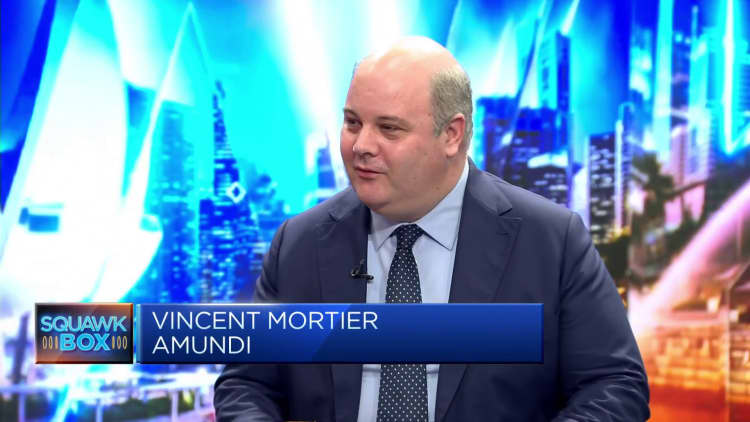BEIJING — The Chinese government is set to announce its GDP target and new premier in coming days as part of its annual meeting.
Known as the "Two Sessions," the parliamentary meeting gathers delegates from across China to discuss and approve national priorities.
This year, the meeting is set to formalize government titles for the new premier, vice premiers and heads of different ministries. Those positions typically get assigned to top leaders of the ruling Chinese Communist Party, which in the fall filled its new leadership with loyalists of President Xi Jinping.
Xi is set to gain an unprecedented third term as president at the parliamentary meeting. Li Qiang is expected to become the new premier.
The upcoming meeting is also set to review a "reform plan" for the ruling Chinese Communist Party and state institutions, state media said. While the report gave few details, it said the changes covered finance and tech, and included increasing the party's presence in non-state-owned businesses.

It's unclear what effect such changes would have on the economy in the short term.
The impact is more on governance, said Bruce Pang, chief economist and head of research for Greater China at JLL.
He pointed out the big economic policies for the year were set at the end of 2022, and in the first two months of this year different parts of the government have already sent signals about their plans.
Schedule of events
The Two Sessions is set to kick off Saturday with the opening of the Chinese People's Political Consultative Conference, an advisory body.
Then the National People's Congress legislature is scheduled to open its annual gathering on Sunday, when targets for GDP and other economic indicators are due to be released.
Other announcements, such as who will be the new premier, are set to come in the following week or two. Beijing hasn't announced a full schedule — or end date — yet.

JPMorgan analysts expect the Two Sessions to end on March 17, based on prior years.
"The reshuffle of the economic team this year would be unprecedented," the JPMorgan analysts said.
They pointed out that new heads are expected for China's economic planner — the National Development and Reform Commission — the finance ministry, the central bank, the banking regulator and the securities regulator.
Among events already announced, China's new Foreign Minister Qin Gang is set to hold his first press conference in the role Tuesday morning.
Economic targets
Analysts generally expect China to announce a GDP target of around or above 5%, marking a sharp pickup from last year's 3% growth.
China is also set to release its targets for inflation, employment and the fiscal deficit.
Inflation is generally forecast to remain muted, around 3%, while China may slightly expand its fiscal deficit.
At the beginning of the Two Sessions, the country typically publishes other plans for the year, including the defense budget.
On the policy front, analysts are watching for comments on the real estate slump, investment plans and consumption.
China isn't likely to see the surge in inflation the U.S. and Europe had after the worst of the pandemic, reducing constraints on monetary policy, JLL's Pang said. He said he's watching for government policy that supports personal income increases and business confidence.
— CNBC's Jihye Lee contributed to this report.


